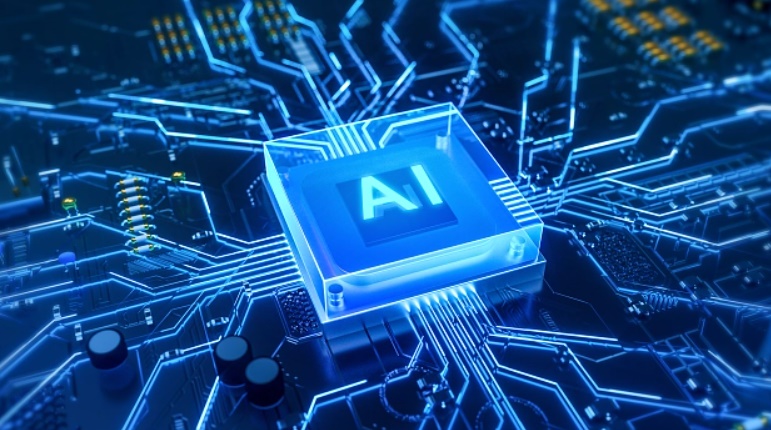AI's Impact on Education A Comprehensive Review
artificial intelligence (AI) has been a buzzword in the modern world for quite some time now. The advancements in AI have transformed various industries, including education. AI has the potential to revolutionize education, making it more efficient, effective, and personalized for learners. This comprehensive review explores the role AI plays in modern education, its impact, and the challenges it poses.
AI: The Future of Education
AI has immense potential in education, and it seems to be the future of learning. AI can provide personalized learning experiences for learners based on their interests, capabilities, and learning style. This has been made possible through the development of AI-powered learning management systems that adapt to the learner's needs and progress.
Moreover, AI-powered systems can improve the efficiency of the education process by automating administrative tasks such as grading, attendance, and course scheduling. This will free up teachers' time, enabling them to focus on what they do best- teaching and guiding learners.
AI-driven Learning Environment
An AI-driven learning environment creates a personalized experience for learners. AI can analyze learner data, such as strengths, weaknesses, and learning style, to provide targeted learning materials. This can take the form of personalized homework assignments or suggested readings based on an individual's interests.
Additionally, AI can assist teachers to identify learners who are at risk of falling behind or struggling. This allows the teacher to provide targeted interventions and support in real-time, ensuring that the learner is on track.
Challenges of AI in Education
Although the potential benefits of AI in education are immense, there are challenges that need to be addressed. One of the most significant challenges is the cost of implementing AI-powered systems in education. These systems require high-cost infrastructure, software, and skilled professionals to manage them.
Another challenge is the ethical concern of data privacy. AI-powered systems require data collection and analysis, which raises concerns about the privacy and security of sensitive learner data.
Conclusion
In conclusion, AI has the potential to revolutionize the education sector, making it more efficient, effective, and personalized for learners. The benefits of AI in education are immense and outweigh the challenges. However, the challenges need to be addressed to ensure that AI is used ethically and sustainably in education. AI is undoubtedly the future of learning, and its impact on education is going to be significant.
Therefore, exploring the role of AI in modern education through systematic review and research is crucial to ensure that it is integrated into the education system seamlessly. The adoption of AI to transform education can be gradual, yet it can eventually change the way we teach and learn in the future.
相关推荐
评论列表
暂无评论,快抢沙发吧~
热门文章
文章目录
支付宝
微信










欢迎 你 发表评论: